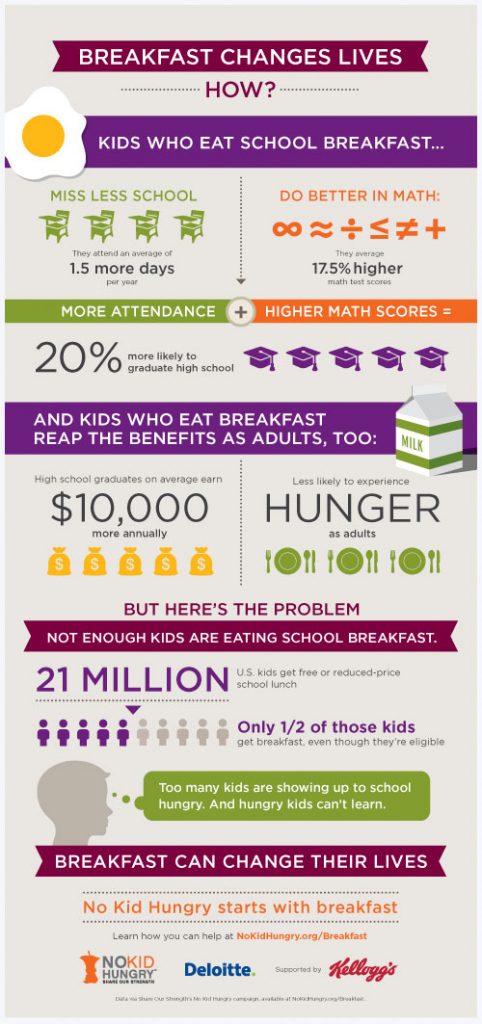Hunger is all around us, it is not limited to a single demographic or geographic region of New York State. It is not a problem only affecting the homeless or the poorest of the poor. Hunger is everywhere, and the numbers are staggering.
Nearly 1 in 4 households with children suffer from food hardship in New York, the raw number is 2,672,460 New Yorkers are hungry. According to Feeding America:
20.5% in Albany-Schenectady-Troy
19.3% in Buffalo-Niagara Falls
21.0% in the NYC metro area
20.5% in Poughkeepsie-Newburgh-Middletown
18.9% in Rochester
21.6% in Syracuse
Childhood hunger has terrible toll on their health and development. According to the Food Research and Action Center (FRAC) hungry children have compromised immune systems and are two to four times as likely as nourished children to develop health problems—ranging from the relatively minor to potentially fatal. Childhood hunger also impairs cognitive development. An analysis conducted by Deloitte found that students who eat school breakfast on average attend 1.5 more days of school per year and score 17.5 percent higher on math tests.
The outcomes of hunger are staggering:
Health
- A mother’s lack of ample and healthy food (undernutrition) during pregnancy increases the risk of negative birth outcomes, including premature birth, low birth weight, smaller head size and lower brain weight.
- Failure to thrive, meaning the failure to grow and reach major developmental milestones as the result of undernutrition, affects 5-10 % of American children under the age of three. Hunger reduces a child’s motor skills, activity level and motivation to explore the environment.
- Children Healthwatch research ties iron-deficiency anemia to food insecurity. Further, deficiencies in nutrients such as choline, folic acid, zinc and iodine can impair cognitive and motor development, and these effects are often irreversible. These micronutrients have been linked specifically to early brain function.
- Hungry kids are more likely to experience headaches, stomachaches, colds, ear infections and fatigue. Children who struggle with hunger are sick more often, recover more slowly, and are more likely to be hospitalized.
- Hungry kids are more susceptible to obesity and its harmful health consequences as children and into adulthood.
Cognitive Development and Academics
- In the first two years of life, 70% of the brain develops. If a child experiences malnourishment, hunger and stress during that time frame, it’s likely their brain will be permanently damaged.
- Lack of enough nutritious food impairs a child’s ability to concentrate and perform well in school
- Hungry Kids often have ongoing health issues, so they may have frequent school absences that also make it difficult to learn
- Iron-deficiency anemia (low iron in the blood), which affects nearly 25% of poor children, is linked with impaired ability to learn.
Emotional and Social Well-Being
- Hunger predisposes children to behavioral difficulties, including more aggressive behavior, higher levels of hyperactivity, anxiety and/or passivity, and difficulty getting along with other children
- Teens who regularly do not get enough to eat are more likely to be suspended from school and have difficulty getting along with other kids.
- Research has found that adolescents faced with food insecurity are more susceptible to every category of mental illness.
Learn More:
From the Food Research Action Center: Food Hardship in America: Households with Children Especially Hard Hit.

